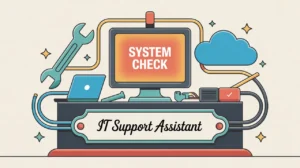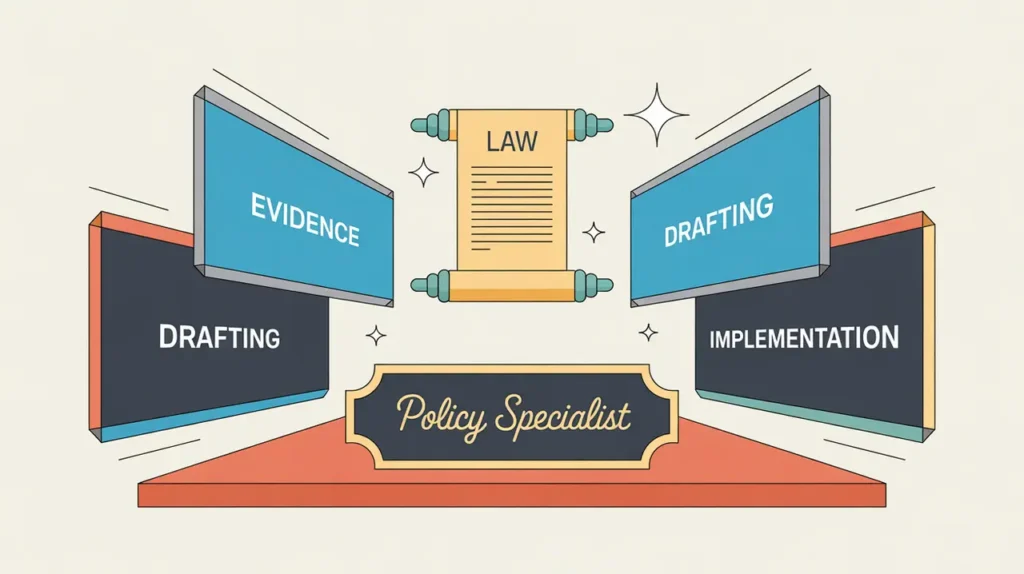What Does the Crisis Response Lead Role Involve?
A crisis response lead manages and coordinates organizational responses to emergencies, disruptions, or critical incidents. This involves overseeing response planning, directing operational activities, ensuring information flows accurately, coordinating with internal teams and external partners, and making tactical decisions to address urgent needs. The role typically sits within programs, operations, risk management, or humanitarian response functions depending on the organization’s structure. In both nonprofits and social enterprises, crisis response leads play a critical role in ensuring that responses are timely, coordinated, effective, and aligned with organizational goals and community needs.
At What Level does this Role Operate?
Senior Level: This role typically reports to a director of programs, director of risk, or senior operations leader. It involves significant decision-making authority, leadership of response teams, and coordination with external stakeholders such as funders, government agencies, and partner organizations.
Relative Employability: Crisis response lead roles are in demand within humanitarian organizations, nonprofits engaged in emergency response, social enterprises delivering critical services, and institutions working in volatile environments. Professionals with operational leadership skills and crisis management experience are highly valued.
Relative Pay Scale: Within nonprofits and social enterprises, crisis response lead roles sit in the upper mid to senior pay bands, reflecting their strategic importance and leadership responsibilities.
What are the Key Responsibilities and Activities?
- Lead and coordinate the development and implementation of crisis response plans and protocols
- Direct operational activities during emergencies to ensure coordinated and effective response
- Supervise crisis response associates and coordinate cross-functional teams
- Analyze real-time information to inform decision making and prioritize actions
- Liaise with external stakeholders including government agencies, partners, and funders
- Oversee the production of situation reports, briefings, and updates for leadership and stakeholders
- Ensure compliance with legal, regulatory, and humanitarian standards during responses
- Conduct after-action reviews and lead the development of lessons learned to improve future responses
What Core Competencies and Qualifications are Needed?
Required Qualifications and Experience
The following reflect common qualifications and experience expected for this role, while recognizing that pathways may vary by context, organization, and region.
- Relevant academic background in emergency management, public health, international development, public administration, or a related field, or equivalent professional experience
- Several years of experience in emergency response, humanitarian operations, or program management
- Demonstrated ability to lead teams in high-pressure and rapidly evolving situations
- Strong understanding of emergency response frameworks, protocols, and coordination mechanisms
- Experience working with external partners and government agencies during crises
Key Competencies
- Crisis leadership and decision-making abilities
- Strategic thinking and operational planning under pressure
- Strong communication and coordination skills
- Situational awareness and real-time problem solving
- Team leadership and cross-functional collaboration
- Capacity to maintain composure and clarity during emergencies
How are AI and Automation Shaping this Role?
An AI-native crisis response lead will look to AI and automation to enhance situational awareness, decision support, and coordination. They can use AI tools to analyze real-time data streams, model scenarios, and prioritize resource allocation. Automation can support alert distribution, logistics tracking, and operational reporting, allowing the lead to focus on strategic coordination and leadership. By integrating AI thoughtfully, crisis response leads can increase the speed, accuracy, and effectiveness of their organizational responses.
What Career Pathways and Transferable Skills are Associated with this Role?
Crisis response lead roles can lead to senior leadership positions such as director of emergency operations, director of risk and resilience, or senior program director. The skills developed in strategic decision making, operational leadership, and cross-sector coordination are transferable across nonprofits, social enterprises, humanitarian organizations, international institutions, and government agencies. Professionals in this role are well positioned to shape crisis preparedness and response strategies at higher organizational levels.







